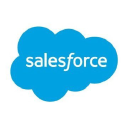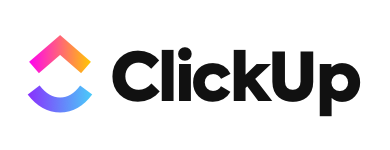I Built A Technology For Marines With 2,300+ Active Contacts [From Germany]
Hello! Who are you and what business did you start?
My name is Ivan, I’m a founder of Marine Digital. We work in a niche of big vessel performance optimization. Our main goal is to make modern instruments of decarbonization available for the mass market.
Being a deep-tech company, we develop digital twin and AI algorithms. Our technologies allow decreasing fuel consumption of big vessels up to 12% and related CO2 emission reduction up to 600 tons per year per vessel.
Due to the latest technology solutions we use, we’ve made massive progress in performance digital twin cost reduction (around 10 times lower than the average market cost). Thus, we provide the opportunity for non-giant marine companies to use it (before it was only affordable for the market leaders like Maersk or Hapag Lloyd).
During our 3 pilot projects we’ve earned about €60 K, and now we are launching the production of our digital twin in the EU.

















